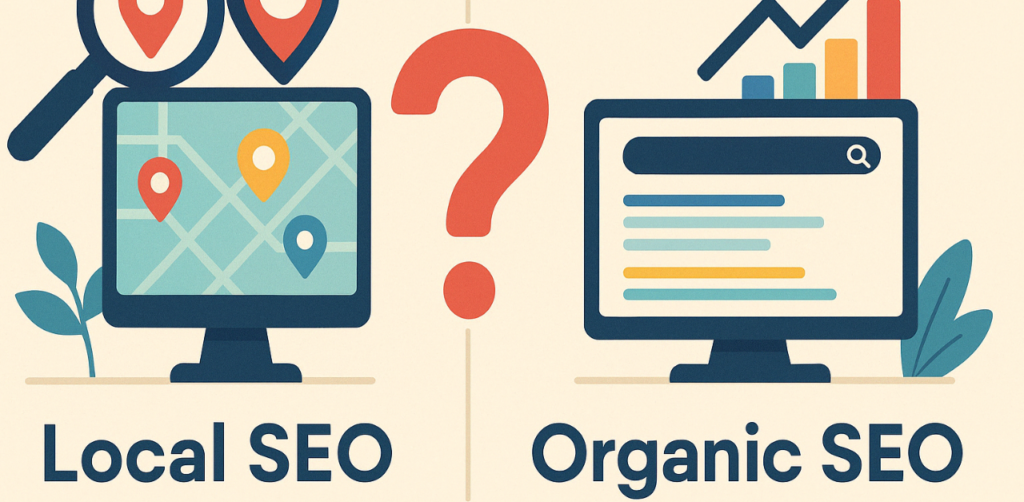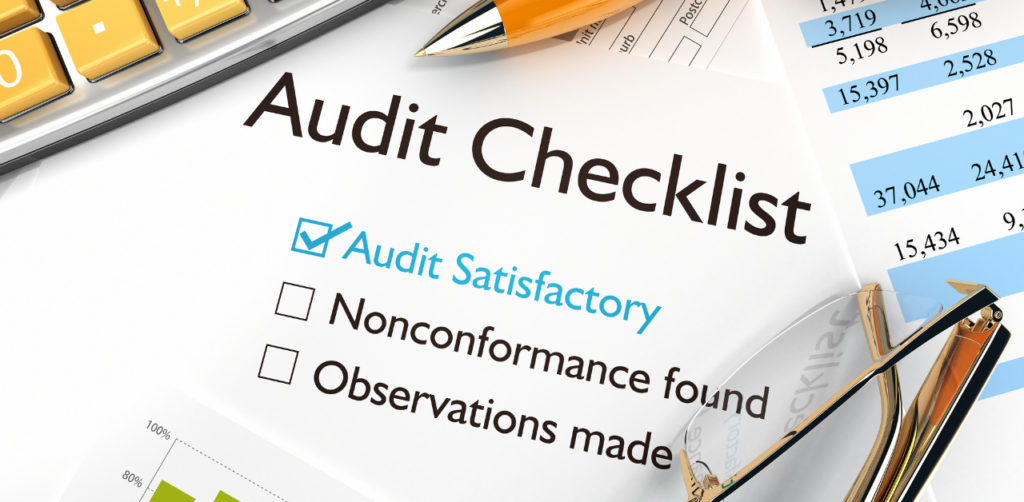Localized SEO content refers to any web page, blog post, or digital material created with a specific geographic focus. It’s written with location-specific keywords and tailored to the interests and needs of your local audience. It also sets you apart from your local competitors.
The goal? To improve your rankings in local search results and make it easier for nearby customers to find you on search engines like Google.
Here’s what it usually includes:
- City or neighborhood names in the content
- Relevant local keywords
- Mentions of local landmarks, events, or organizations
- References to local services or community topics
- Hyper-local details about your business operations
In short, localized SEO content addresses the needs of people in your specific area. This guide breaks it all down in a way that makes sense, with real strategies you can actually use.
Why Does Localized SEO Content Matter for Your Business?
Localized SEO content is crucial for your business because search engines aim to deliver the most relevant information to users. So, if someone in your town searches for a “plumber near me” or “best coffee shop in [city],” Google wants to show results that match both the intent and the location.
That’s where localized content helps. When your content includes location-specific search terms and aligns with what your local customers are looking for, your pages are more likely to show up in:
- Google Search
- Google Maps
- Business directories
- Other search engines like Bing and Yahoo
This can lead to increased traffic, more calls, and higher foot traffic from genuine customers in your area.
How Does Localized SEO Content Work?
1. Uses Location-Specific Keywords
Search engines need signals to match your business to local searchers. That means using local keywords naturally in your content.
For example:
- “Emergency plumber in Phoenix”
- “Best tacos in downtown Austin”
- “Chiropractor near Highland Park, IL”
These phrases tell Google exactly who you serve and where.
2. Tells Search Engines You’re Local
Localized content helps search engines understand your location and services. This is especially effective when combined with:
- Google Business Profile optimization
- Local business listings
- Accurate business details across all your listings
- Business directories like Yelp or Angi
3. Builds Trust With Local Customers
When people see content that mentions their city, local events, or nearby landmarks, they’re more likely to trust your business. It feels familiar and relevant.
Types of Localized SEO Content
Not all local content has to be a blog post. You can use different formats to support your local SEO strategy, depending on what makes sense for your business.
Local Landing Pages
These are web pages made specifically for a city, service area, or neighborhood.
Example:
If you’re a landscaping company serving Miami, Fort Lauderdale, and West Palm Beach, create separate pages for each location.
Blog Posts With Local Focus
You can write about:
- Local events your business is involved in
- Seasonal tips based on your climate
- Updates for your target location
- News or trends that matter to your local market
Service Pages With Location Details
Adding your target city or service area to your main service pages can help you appear in local search results for relevant terms.
Case Studies and Customer Stories
Share local success stories or reviews that mention your area. It gives your business credibility with potential customers.
Sponsoring or Partnering With Local Events
Write content around:
- Sponsoring local events
- Working with other local businesses
- Engaging in the local community
These topics not only boost your online visibility but also support community trust.
How Do You Create Localized SEO Content That Ranks?

Here’s a step-by-step way to make content that actually helps your local SEO rankings:
1. Do Local Keyword Research
Use tools like Google Keyword Planner, Google Trends, or even Google Search Console to find search terms that include your location and service.
Look for:
- High search volume
- Local intent (e.g., “near me,” city name, neighborhood)
- Relevance to your local services
2. Optimize Meta Tags
Add your city or region into:
- Title tags
- Meta descriptions
- Headers (H1, H2)
This helps improve visibility on search engine results pages.
3. Add Structured Data Markup
Use schema markup to add business information like address, phone number, and hours. This tells Google more about your business and improves how your page appears in search results.
4. Use Internal Linking
Link to your other local pages, blog posts, or service areas. It keeps people on your site longer and helps search engines crawl your content better.
5. Keep Your Business Info Consistent
Your name, address, and phone number (NAP) should match across:
- Your website
- Google Business Profile
- Local directories
- Social media pages
Even small differences can confuse search engines and hurt your rankings.
What are the Best Practices for Local SEO Content?

To get the most out of your local SEO efforts, follow these tips:
- Avoid keyword stuffing: Use local keywords naturally. Focus on readability.
- Write for real people: Answer common questions your local customers have.
- Mention neighborhoods: If you serve more than one area, include them in your content.
- Use real photos: Showcase your staff, store, or service area to establish trust.
- Update content regularly: Keep pages current with new offers, hours, or events.
- Track performance: Use Google Analytics and Google Search Console to monitor traffic and SEO performance.
What are the Common Mistakes to Avoid?
- Using the same content across different city pages
- Forgetting to update your business information
- Not claiming or optimizing your Google Business Profile
- Ignoring local reviews and feedback
- Skipping mobile optimization
Even if your content is great, these mistakes can hurt your local search rankings.
What are the Tools to Help With Localized SEO Content?
Here are some tools that can make your local content better:
- Google Keyword Planner – For finding relevant local keywords
- Google Business Profile – A free tool to manage your business listings
- Google Search Console – For tracking your search engine results
- Moz Local – For managing your local listings
- BrightLocal – For local SEO audits and citation tracking
- Google Maps – For making sure your location is accurate and visible
Localized SEO Content Is for Every Small Business
Whether you’re a restaurant, law firm, gym, dentist, or electrician, localized content helps people find your business when they need it most. The more relevant and location-specific your web pages are, the more likely they’ll appear for local searchers.
Remember: search engines prioritize providing users with accurate information at the right time and place. That’s why local SEO content works—it’s specific, practical, and made for your real audience.
Let Us Help You Grow Locally
Creating the right kind of content takes time, research, and local understanding. At Web Search Marketing, our SEO specialists know exactly how to develop and implement a Local SEO strategy tailored to your business. We understand how local customers search, how to optimize your Google Business Profile, and how to create local content that shows up in the right search results.
Book a consultation today to build your online visibility and attract more local customers—because your community is searching for you.































